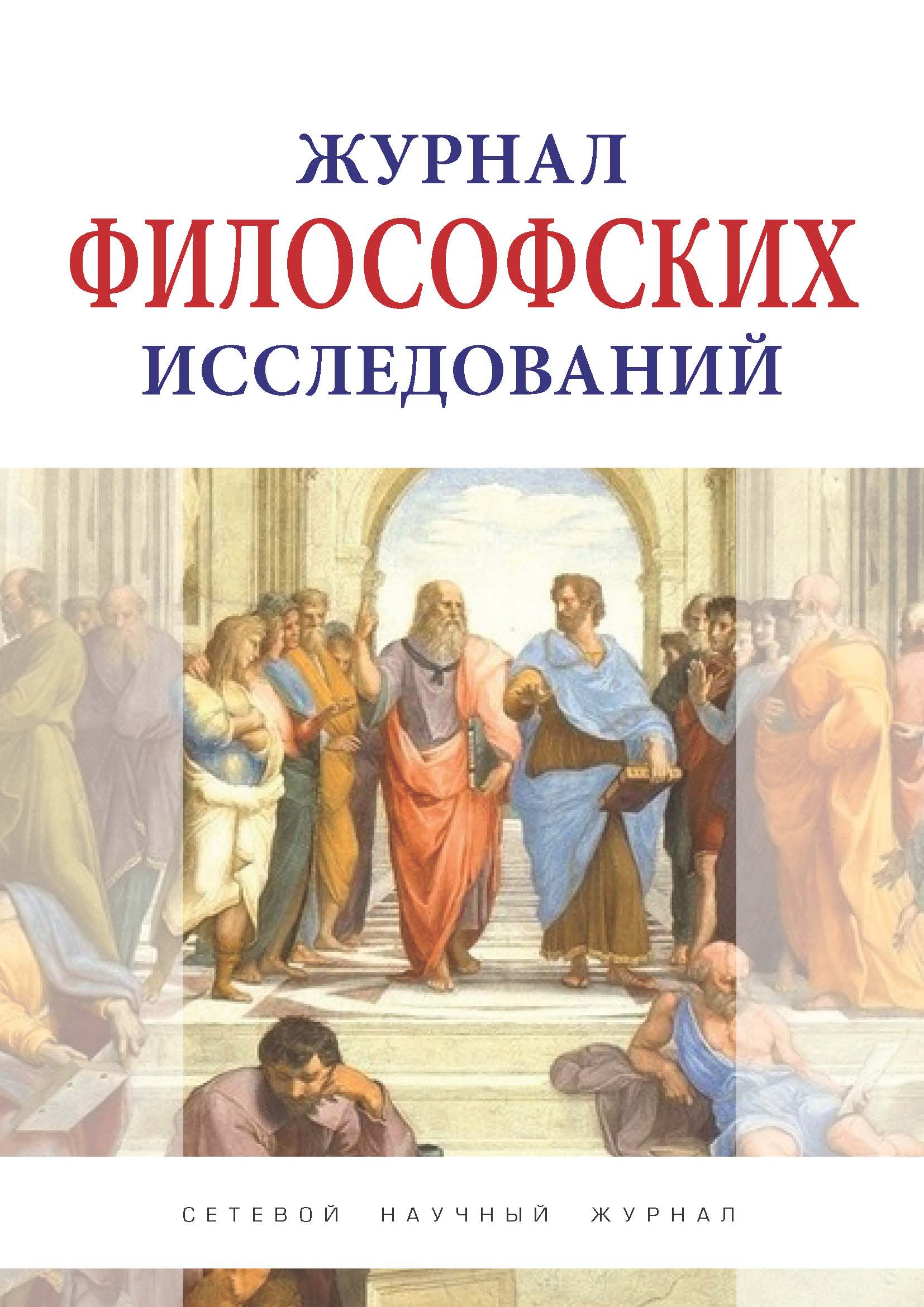Russian Federation
UDC 10
In modern economic science - the most important section of social science - the methods of the natural sciences and, above all, various types of formalization are used very intensively. The main disciplines of neoclassical economic theory (macro- and microeconomics) are entirely built on the analysis of various formulas, systems of equations and graphs. Political economy, which two hundred years ago occupied the entire space of economic science, has significantly lost its position and is considered as a kind of anachronism, which was also the reason for the weak development of its specific methodology. Along with the “removal” of political economy, neoclassicism removed from consideration both the object of its research - the relational side of economics, and the subject - economic relations, focusing on the use of research methods of natural science. The question arises: how capable are these latter of solving the problems of economic theory? In this work we will consider the relationship between subjects and methods of the two most important types of scientific knowledge - fundamental natural science and theoretical social science. We adhere to the point of view according to which the subjects of these branches of science are qualitatively different and therefore their research requires the use of fundamentally different methods. According to a number of researchers, the natural and social sciences and humanities at their current level of development are actually two incompatible types of scientific knowledge. The current obvious methodological advantage of natural science knowledge encourages social scientists to evaluate the introduction of natural science methods into their research as an increase in their level. However, the “formal” application of “advanced” methods of natural science in social and humanitarian research significantly reduces their quality. The record holder here is the neoclassical direction of modern economic theory (the so-called “mainstream”). Since the last third of the 19th century, it has actively cultivated the use of mathematics to describe the technological side of economic management, simultaneously with an almost complete refusal to study its relational side. The crisis state of economic science is largely explained by this.
methodology; natural science; social science; class approach; experience; true knowledge; scientific laws
1. Gorohov V. G. Razmyshleniya o koncepcii «postneklassicheskoy nauki» [Tekst] / V.G. Gorohov // Epistemologiya i filosofiya nauki. - 2013. - № 2. - S. 71-77. EDN: https://elibrary.ru/OMIJWE
2. Ermilov A.P. Vlast' i ekonomicheskie otnosheniya: deyatel'nostnyy podhod [Tekst] / A.P. Ermilov. - Novosibirsk: IEOPP SO RAN, 2017. -312 s. EDN: https://elibrary.ru/YORDHM
3. Ermilov A.P. Obschestvennye, ekonomicheskie i proizvodstvennye otnosheniya v sisteme social'noy deyatel'nosti [Tekst] / A.P. Ermilov. Novosibirsk: Izd-vo IEOPP SO RAN, 2022. - 376 s. DOI: https://doi.org/10.36264/978-5-89665-371-4-2022-007-376; EDN: https://elibrary.ru/EVIFPU
4. Knyazeva E.N. Social'no-gumanitarnoe znanie i estestvoznanie: razmyvayuschiesya granicy [Tekst] / E.N. Knyazeva // Filosofiya nauki i tehniki. 2020. - T. 25. - № 2. - S. 9-12. DOI: https://doi.org/10.21146/2413-9084-2020-25-2-9-12; EDN: https://elibrary.ru/XUXCHG
5. Knyazeva E.N. Suschestvuyut li predely metodologicheskoy konvergencii estestvenno-nauchnogo i social'no-gumanitarnogo znaniya? Diskussiya [Tekst] / E.N. Knyazeva, V.G. Kuznecov, N.M. Smirnova, G.L. Tul'chinskiy // Filosofiya nauki i tehniki. - 2020. - T. 25. - № 2. - S. 21-25. DOI: https://doi.org/10.21146/2413-9084-2020-25-2-21-25; EDN: https://elibrary.ru/ZOHFZN
6. Lebedev S.A. Edinstvo estestvenno-nauchnogo i social'no-gumanitarnogo znaniya [Tekst] / S.A. Lebedev // Novoe v psihologo-pedagogicheskih issledovaniyah. - 2010. - №2 (18). - S. 5−10. EDN: https://elibrary.ru/MOUBPR
7. Lebedev S.A. Metodologiya nauki: ot monizma k sistemnomu plyuralizmu [Tekst] / S.A. Lebedev // Zhurnal filosofskih issledovaniy. - 2021. - T. 7. - № 4. S. 48-56. EDN: https://elibrary.ru/WPADBR
8. Lebedev S.A., Schukin G.O. Metodologiya klassicheskoy, neklassicheskoy i postneklassicheskoy nauki [Tekst] / S.A. Lebedev, G.O. Schukin // Zhurnal filosofskih issledovaniy. - 2022. - T. 8. - № 2. - S. 32-40. EDN: https://elibrary.ru/RQGEHQ
9. Lebedev S.A., Tverdynin N.M. Gnoseologicheskaya specifika tehnicheskih i tehnologicheskih nauk [Tekst] / S.A. Lebedev, N.M. Tverdynin // Vestnik Moskovskogo universiteta. Seriya 7: Filosofiya. - 2008. - № 2. - S. 44-70. EDN: https://elibrary.ru/JVGUHL
10. Mamedov O.Yu. "Elementarnaya chastica" ekonomiki [Tekst] / O.Yu. Mamedov // Terra Economicus. - 2018. - T. 16. - № 3. - S. 6-15. DOI: https://doi.org/10.23683/2073-6606-2018-16-3-6-15; EDN: https://elibrary.ru/YBCKAP
11. Mamchur E.A. Filosofiya i nauka [Tekst] / E.A. Mamchur // Voprosy filosofii. - 2008, - № 7. - S. 159-164. EDN: https://elibrary.ru/JJOICR
12. Nikiforov A. L. Chto takoe «postneklassicheskaya nauka»? [Tekst] / A.L. Nikiforov // Epistemologiya i filosofiya nauki. - 2013. - № 2. - S. 59-64. EDN: https://elibrary.ru/QCDNUZ
13. Nikiforov A.L. O specifike gumanitarnogo poznaniya [Tekst] / A.L. Nikiforov // Epistemologiya i filosofiya nauki. - 2015. - T. 45. - № 3. - S. 29-32. EDN: https://elibrary.ru/UKOMUN
14. Nikiforov A.L. Transformaciya nauki v HH v.: ot poiska istiny k sovershenstvovaniyu tehniki [Tekst] / A.L. Nikiforov // Epistemologiya i filosofiya nauki. - 2019. - T. 56. - № 3. - S. 20-29. DOI: https://doi.org/10.5840/eps201956342; EDN: https://elibrary.ru/YTSPWX
15. Plyusnin Yu.M. Problema biosocial'noy evolyucii: Teoretikometodologicheskiy analiz [Tekst] / Yu.M. Plyusnin. - Novosibirsk: Nauka. Sib. otd-nie, 1990. - 240 s.
16. Smirnova N.M. Social'no-gumanitarnoe znanie: specifika ili inoprirodnost'? [Tekst] / N.M. Smirnova // Filosofiya nauki i tehniki. - 2020. T. 25. - № 2. - S. 5-8. DOI: https://doi.org/10.21146/2413-9084-2020-25-2-5-8; EDN: https://elibrary.ru/AZSESS
17. Uilson E. Proishozhdenie tvorchestva. Provokacionnoe issledovanie, pochemu chelovek stremitsya k sozdaniyu prekrasnogo [Tekst] / Uilson E. - M.: Bombora, 2019. - 256 s.
18. Cheremnyh N.M. K voprosu o specifike postneklassicheskogo etapa razvitiya nauki [Tekst] / N.M. Cheremnyh // Vestnik rossiyskogo himikotehnologicheskogo universiteta imeni D. I. Mendeleeva. Gumanitarnye i social'no-ekonomicheskie issledovaniya. - 2016. - № 7-1. - S. 107-115. EDN: https://elibrary.ru/YFMQRZ
19. Shulevskiy N B. Istoricheskie tipy vzaimodeystviya estestvoznaniya i obschestvoznaniya [Tekst] / N.B. Shulevskiy // Nauka i obrazovanie: hozyaystvo i ekonomika; predprinimatel'stvo; pravo i upravlenie. - 2010. - № 6(6). - S. 56-78. EDN: https://elibrary.ru/NTUUTD






